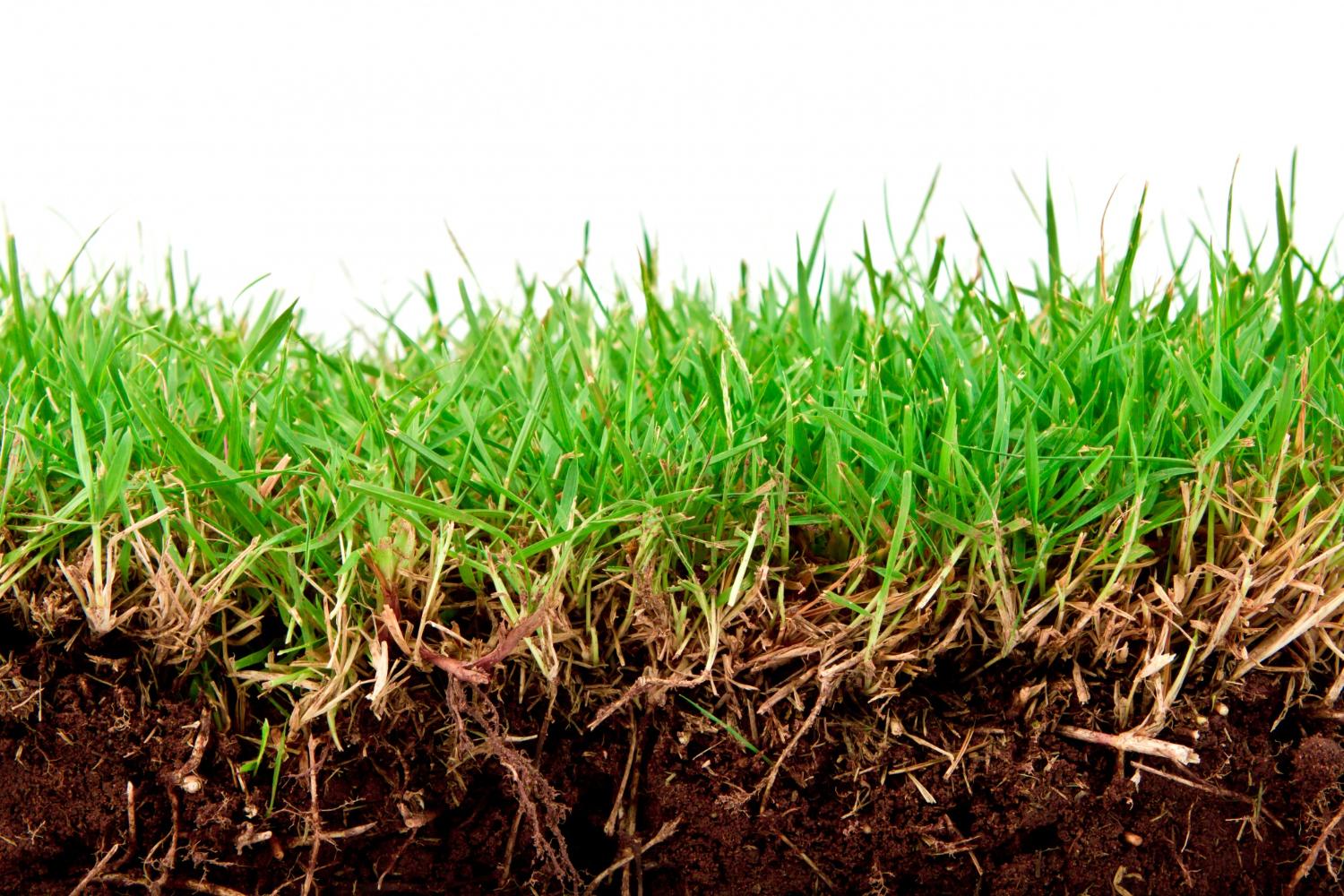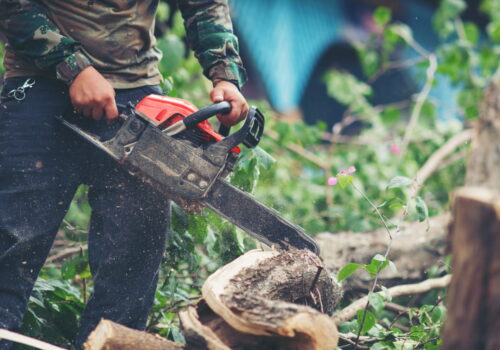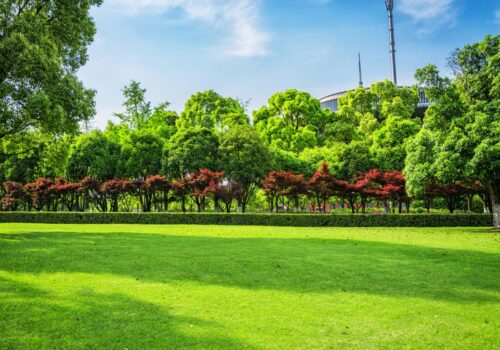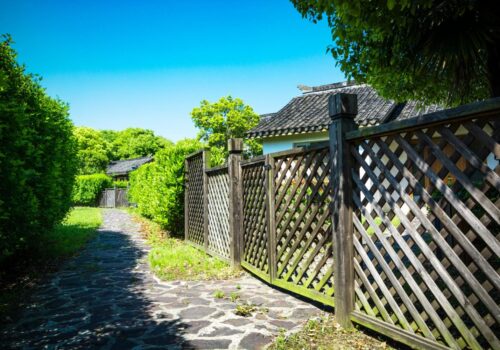A Guide to Detecting Quality Mulch on the Gold Coast
Mulching is one of the most effective and affordable ways to improve soil health, control weeds, and protect plant roots. With increasing awareness around sustainable gardening, more homeowners and landscapers are turning to mulch on the Gold Coast. But not all mulch is created equal. Choosing the wrong type, or using poor-quality material, can harm your garden instead of helping it.
This guide will help you detect the signs of quality mulch and make informed decisions for your landscape.
Look for a Balanced Texture
High-quality mulch should have a balanced texture, neither too fine nor too coarse. Extremely fine mulch can compact over time, restricting water flow and air circulation. On the other hand, overly chunky mulch can break down too slowly, offering limited nutrients to the soil. A mix of particle sizes is ideal, as it encourages moisture retention while allowing air to circulate freely through the layers.
Assess the Scent and Colour
Good mulch should smell earthy and pleasant. A sour, ammonia-like, or mouldy odour is a red flag, it could indicate the presence of anaerobic bacteria or toxins harmful to plants. Similarly, avoid mulch that looks overly grey or pale, as this may signal it has aged poorly or sat too long in wet conditions. Fresh mulch tends to have a deep brown, black, or reddish tone depending on the material used.
Check for Contaminants
Reputable mulch suppliers take care to screen their products for contaminants such as glass, plastic, or treated timber. These foreign objects not only degrade the appearance of your garden but can also pose health risks to soil microbes and plants. Always inspect the mulch before application and, if possible, source it from a supplier that guarantees clean, organic content.
Understand the Source Material
Different mulch types serve different purposes. Hardwood mulch, bark chips, and leaf litter are all effective, but their origin matters. For example, mulch made from recycled pallets may contain chemical treatments, which should be avoided in vegetable gardens. Locally sourced mulch also tends to be more sustainable and well-suited to regional soil types and weather patterns, an important factor when planning tree planting on the Gold Coast.
Monitor Moisture Retention Performance
After applying mulch, observe how well it retains moisture in your garden beds. Quality mulch should help reduce evaporation, keeping soil damp for longer. If you notice the soil beneath remains dry despite watering, the mulch may be too hydrophobic or poorly processed, limiting its effectiveness.
Choosing the right mulch on the Gold Coast involves more than just grabbing the nearest bag of bark. By detecting key quality indicators, like texture, smell, and source, you can ensure your mulch enhances soil health, protects plants, and supports long-term garden success.





